ENGLISH
US backs PKK/PYD deal to allow Daesh to flee Raqqah
Pentagon says deal between terror groups was solution to 'local issue'
WASHINGTON
The Pentagon has defended a PKK/PYD deal to allow hundreds of Daesh terrorists to escape the besieged city of Raqqah, while Turkish prime minister has termed the move "shocking".
Pentagon spokesman Eric Pahon said the agreement, which reportedly allowed 250 fighters and 3,500 of their family members to flee on Oct. 12, was part of a “local solution to a local issue”, namely the siege of Daesh’s de facto capital in Syria.
“The central priority here was the protection of civilian lives and the arrangement was reached by our partners and their local affiliates,” he told Anadolu Agency.
Later Tuesday, Turkish Prime Minister Binali Yildirim slammed the U.S. for defending the deal.
In remarks made during the ruling Justice and Development (AK) Party's parliamentary group meeting in Turkish capital Ankara Tuesday, Yildirim said: "Siding with a terrorist organization for demolishing another terrorist organization is not the kind of work which should be done by states.
"This work is shocking.”
Yildirim pointed out the danger the escaped Daesh terrorists from Raqqah pose to the world.
"Those Daesh members, who were freed with their weapons, will be able to cause the killing of innocent people, notably in Turkey, Europe and America," he said.
"Daesh members have gone, but PKK/YPG have moved [in Raqqah]. Is this your smart politics? Is this strategic cooperation?"
The BBC reported on Monday that the deal was struck between Daesh and the SDF, a U.S.-backed force that consists largely of PKK/PYD terrorists.
After speaking to many of those involved in the evacuation, the British broadcaster said a huge convoy consisting of around 50 trucks, 13 buses and more than 100 Daesh vehicles left Raqqah for Daesh-controlled territory to the southeast.
The report said Daesh also withdrew at least 10 vehicles loaded with arms and ammunition and the fighters included foreigners alongside Iraqis and Syrians.
Pahon described as the arrangement as being between the Raqqah Civil Council and local Arab tribal leaders.
He said it aimed to provide civilians and families “an opportunity to leave the city and to allow the tribal leaders an opportunity to reconcile and reintegrate Syrian men who had been under ISIS [Daesh] control during its brutal three-year regime.”
Pahon denied that any representatives of the U.S.-led coalition against Daesh participated in the withdrawal negotiations although they were “present at the discussions”.
The final deal was reached between the Raqqah Civil Council and tribal leaders “despite our disagreement with letting armed men leave Raqqah.”
He added: “Local partners undertook these negotiations to save innocent lives and allow Syrian Democratic Forces and the coalition to focus on defeating ISIS terrorists in Raqqah with less risk of civilian casualties.”
According to Pahon, those leaving Raqqah were searched and screened by the SDF.
“As we have shown in the past, the coalition does not negotiate with terrorists,” he said.
The U.S.’s use of the PKK/PYD in Syria has been a long-standing contentious issue for Turkey, which has been subjected to a 33-year terror campaign by the PKK.
AA
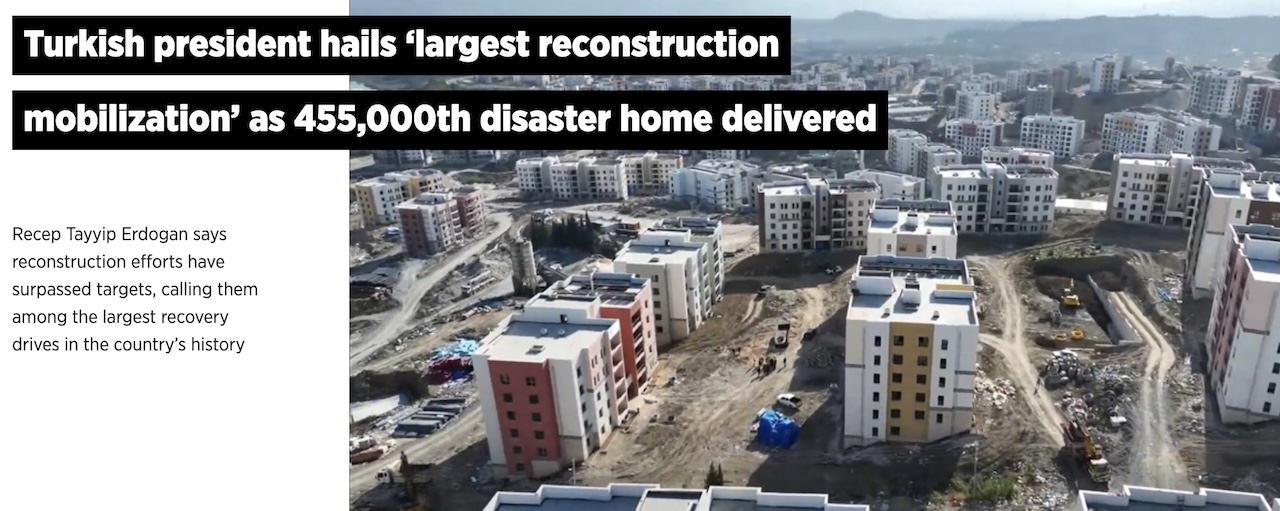
Türkiye delivered the 455,000th disaster housing unit to earthquake survivors
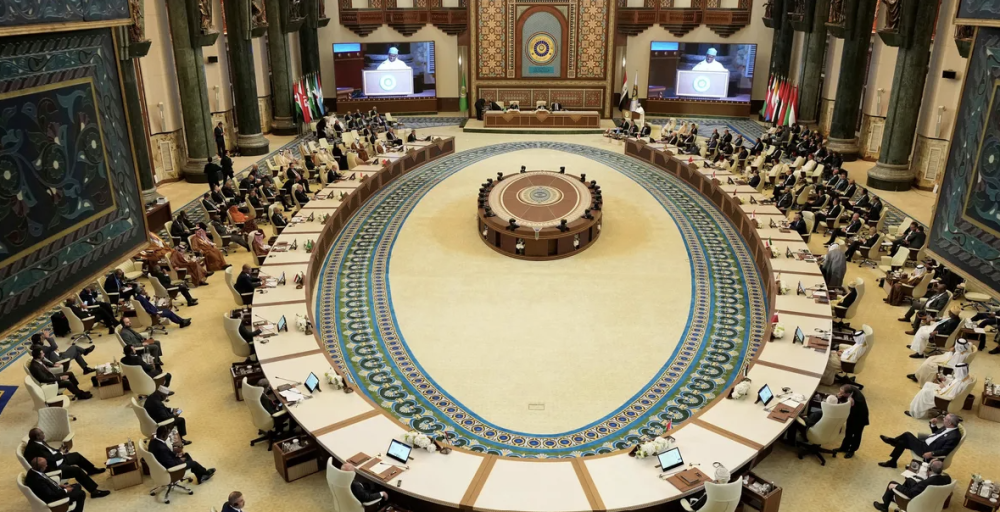
31 Arab, Muslim countries condemn Netanyahu's 'Greater Israel' goals

“Love in Scutari” Continues to Attract International Literary Attention
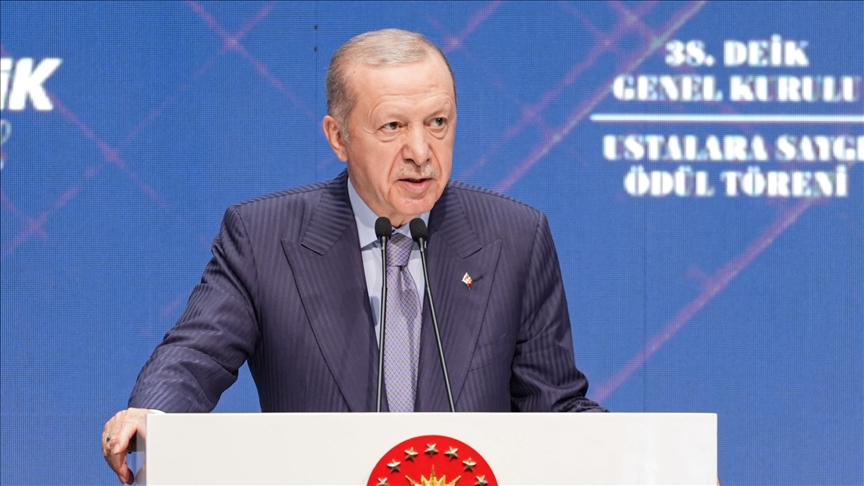
Geopolitical risks that began with Gaza genocide escalated by Israel’s regional attacks: Turkish president
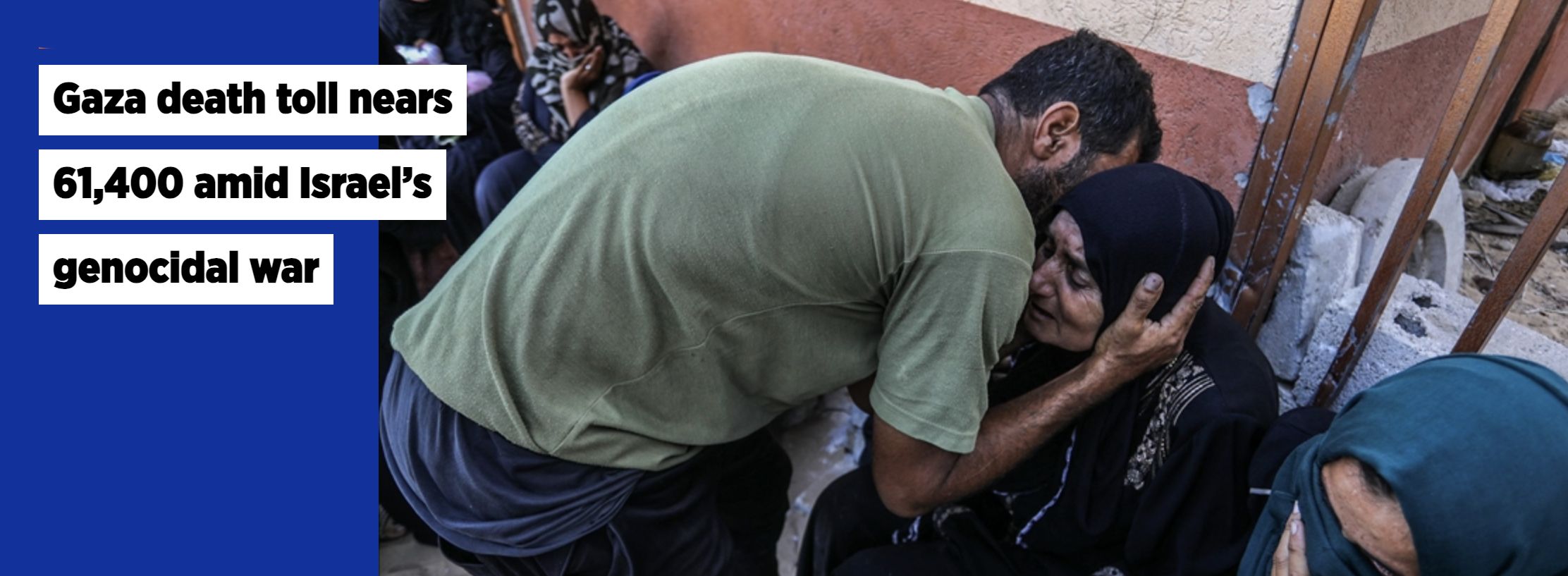
Gaza death toll nears 61,400 amid Israel’s genocidal war
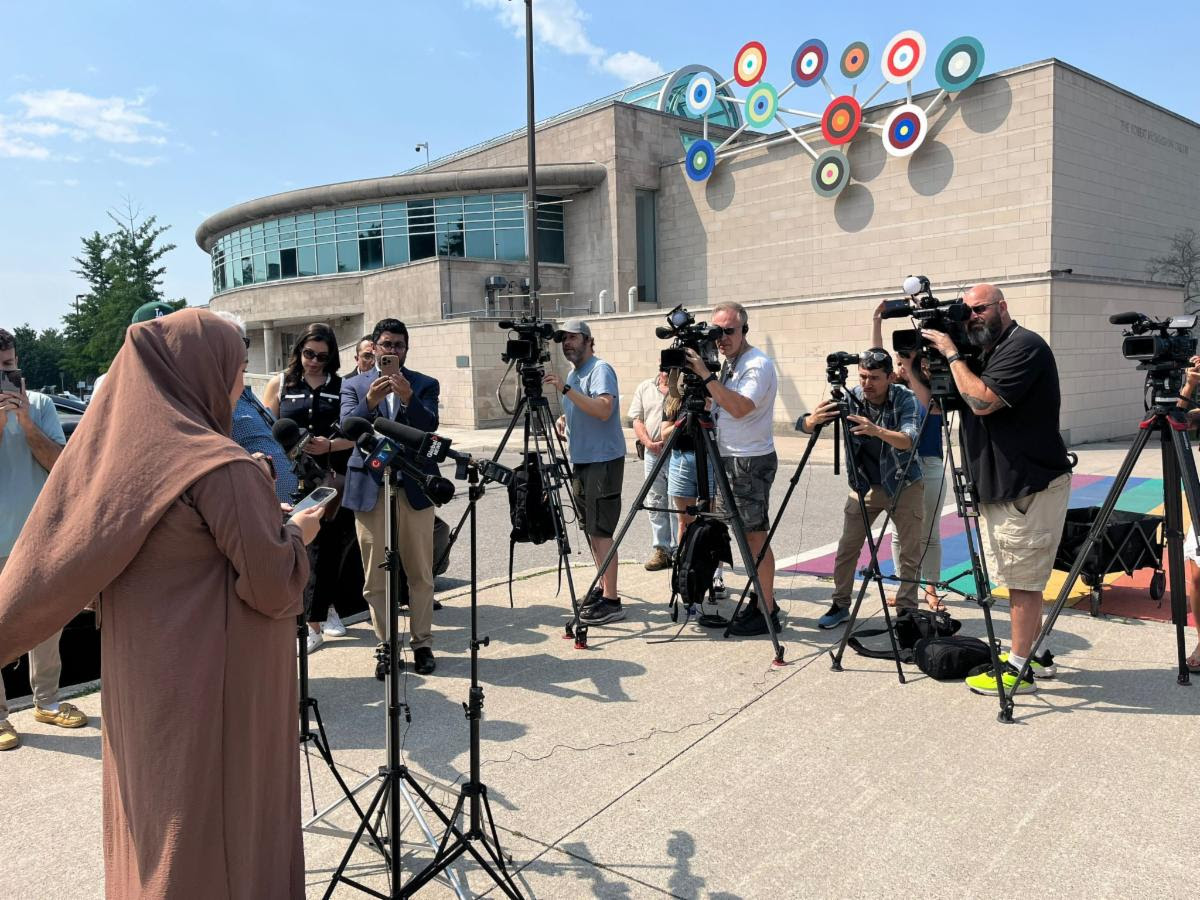
A Rise of Islamophobia in Canada

Turkish Technology Professionals from Around the World Meet on the TurkTechDiaspora Platform

Gaza death toll nears 53,300 as Israel continues its genocidal war
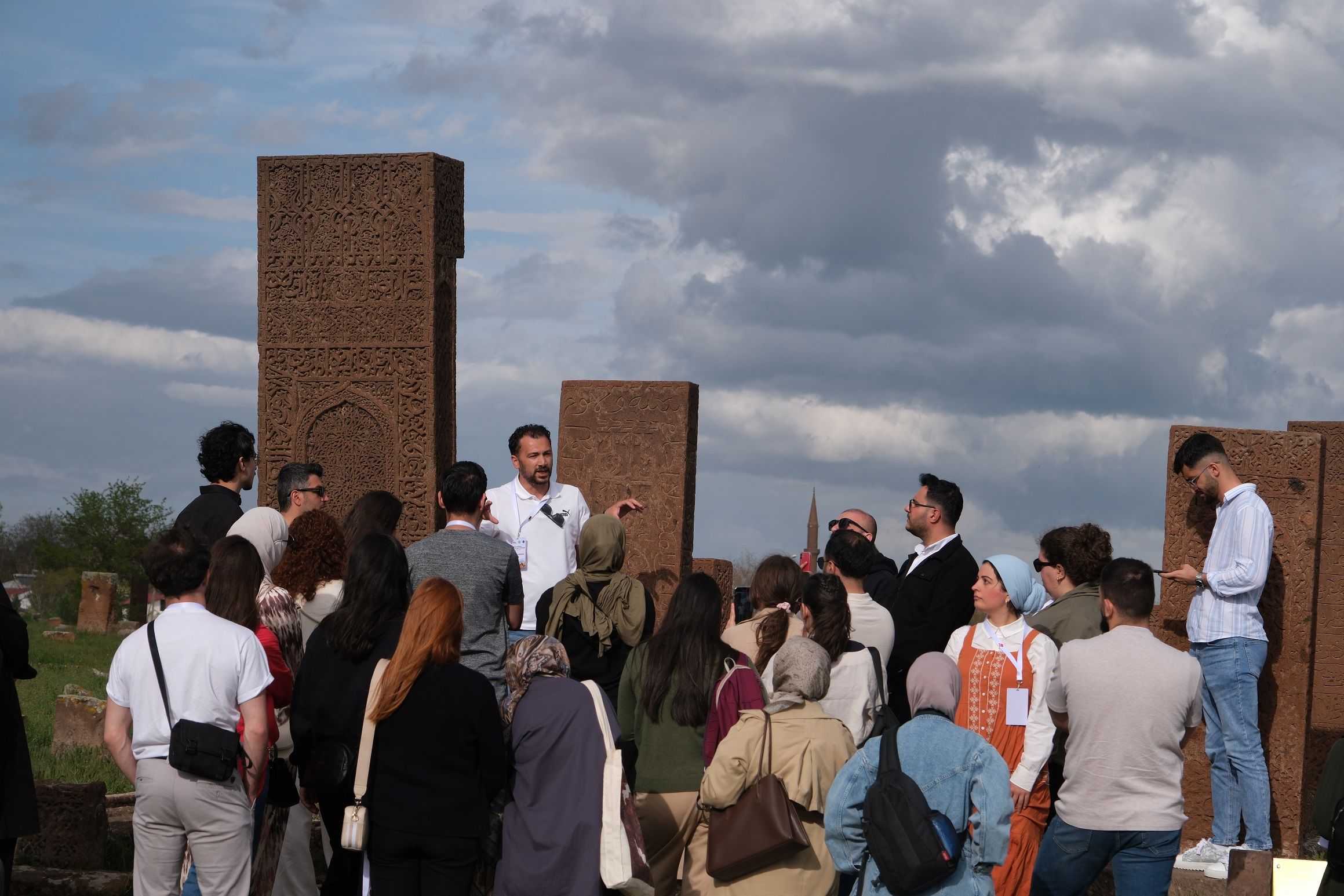
YTB sheds light on the Armenian issue in the shadow of historical sites

Police warn of 'distraction thefts' targeting Muslim community
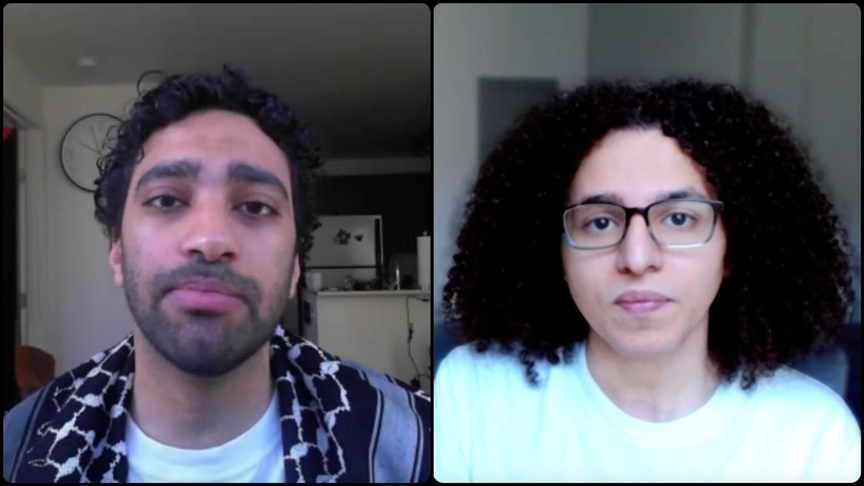
Fired Microsoft employees accuse company of enabling Israel’s attacks on Gaza
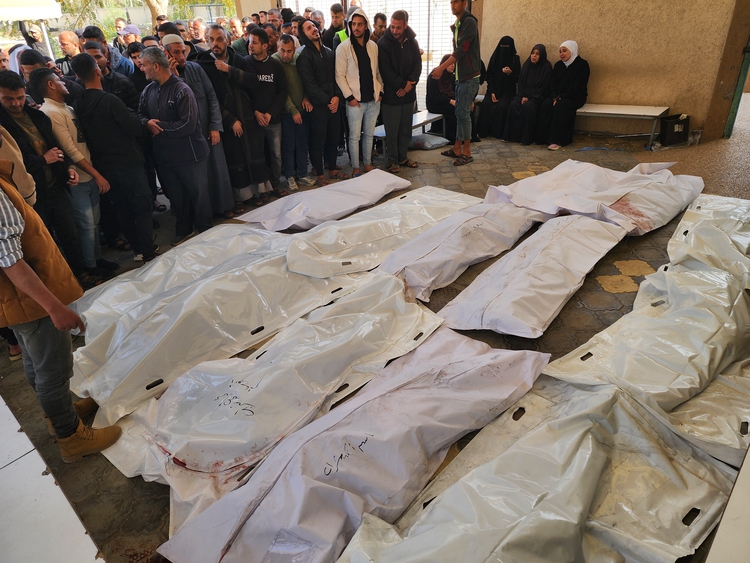
Gaza death toll tops 51,100 as Israeli army kills 92 more Palestinians
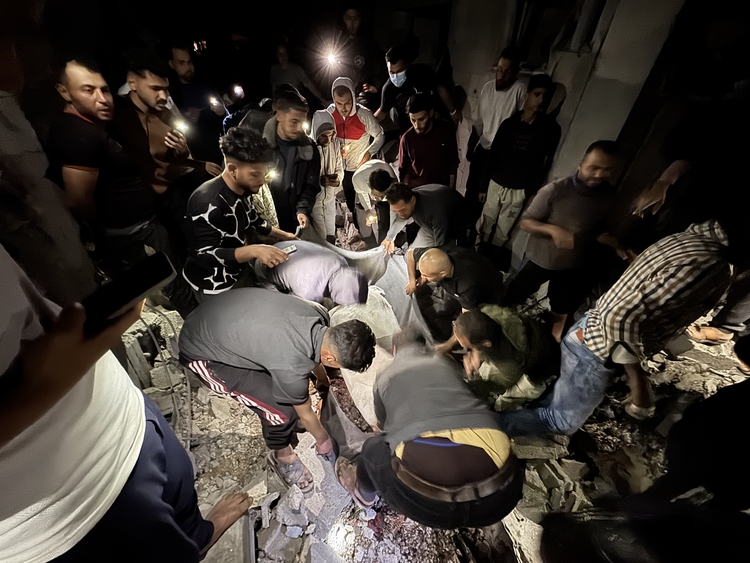
Gaza death toll passes 50,500 mark amid ceaseless Israeli attacks
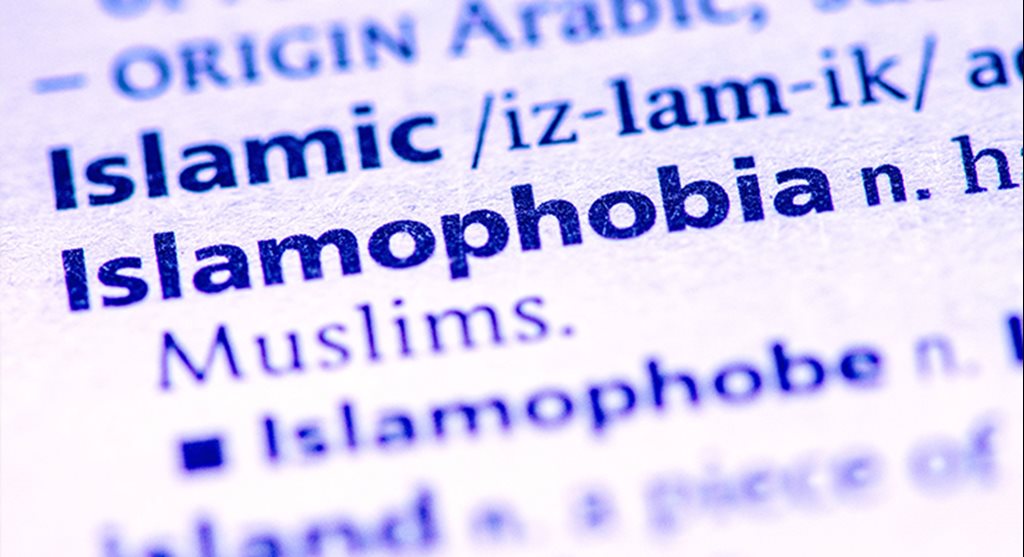
Islamophobia and anti-Palestinian racism in Canada higher than after 9/11, warns expert



